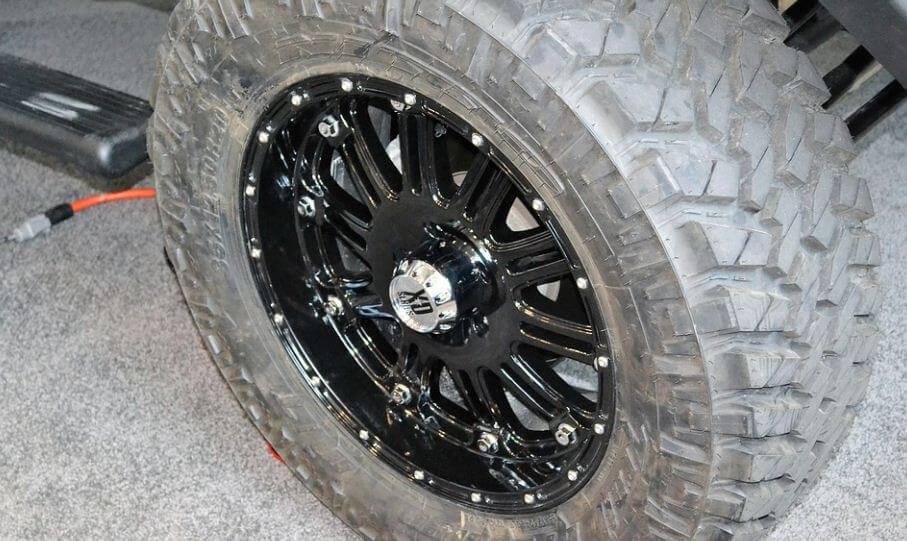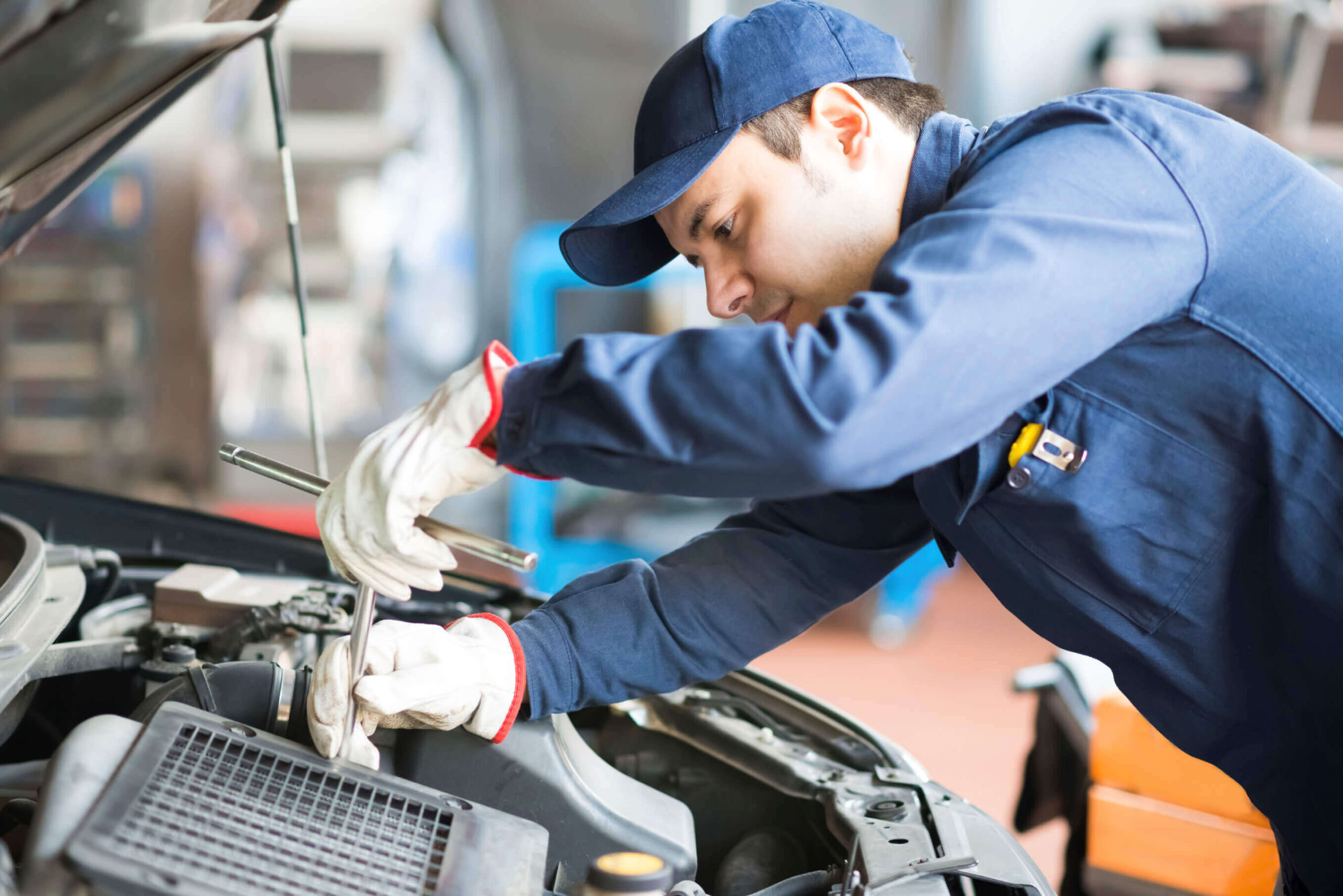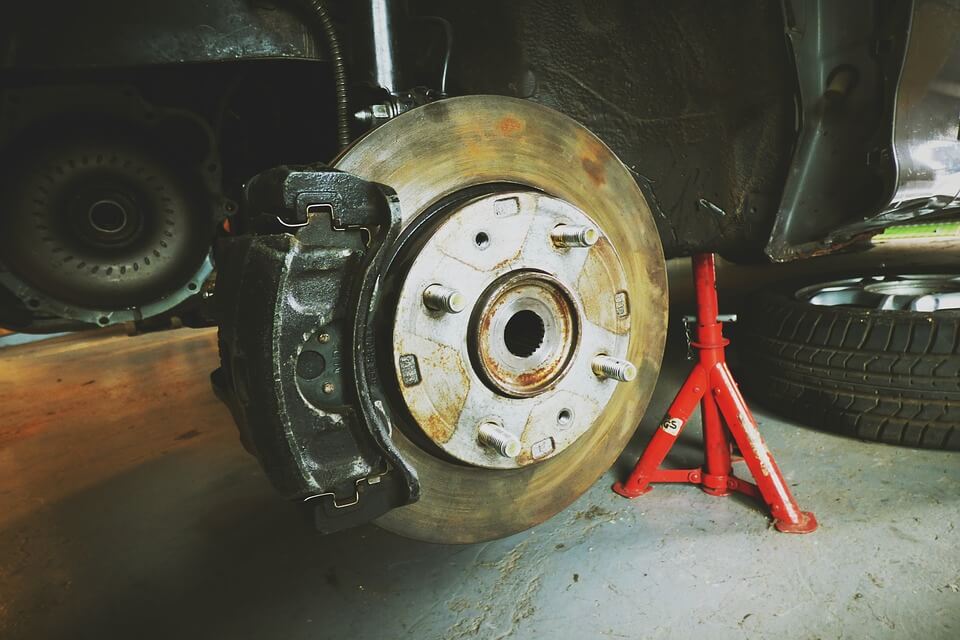Auto Mechanic Advice on Bigger Tires
You may know quite a bit about cars, but unless you’ve studied them endlessly and work with them daily, you don’t know as much as a Philadelphia, PA auto mechanic. Before you upgrade your vehicle with bigger tires to show off your style, you might want to check into the details on…
Read More


